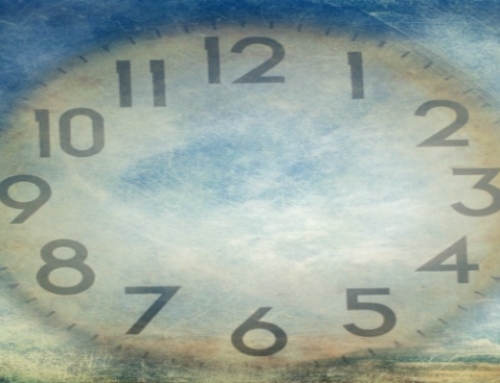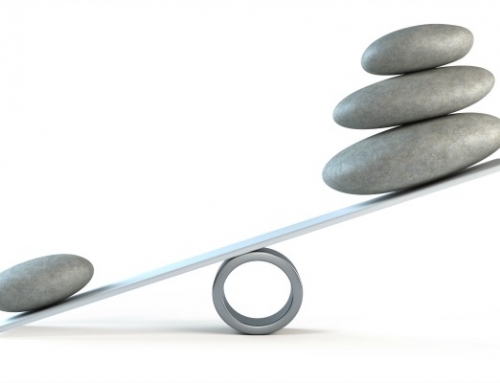“I wanted to go on my terms, without people behind my back saying when is the old baggonna leave?” 66-year old former vocational teacher
“I wanted to leave at the height of my career.” 68-year-old former treasurer of a large insurance company
“I worried about my performance. I can’t evaluate my own work and worried that my productivity was declining”. 71-year-old Administrative Assistant

Can you relate to the above statements?
Do you too want to retire at the height of your career?
These are just a few quotes from a study that I have been conducting for my dissertation.
My interest in the topic of retirement, succession planning, and knowledge transfer has led me to expand my study in an effort to understand better what factors into people’s decisions to retire, or continue working.
The statements from these retired folks and several other interviewees have me wondering.
Do people self-select out of the workforce because they turn 65?
Is 65 so ingrained in the fabric of our culture as the age of exit that we elect to leave our respective jobs because we believe we are too old to continue doing good work?
The participants in my study tell me that they want to be in control of when they choose to leave. They don’t want to be asked to go. I get that. In fact, I am sure that many of us can relate to that sentiment.
But how do you make that assessment?
Is it the number of candles on your birthday cake? Is it the day your pension check arrives?
Although science has accumulated substantial evidence indicating that our cognitive and physical abilities remain intact until very old age, our cultural perception is still one which views the aging worker as a burden on organizational resources and less capable of dealing with stress.
THIS IS AN INACCURATE VIEW OF THE MATURE WORKER
There exists little empirical evidence suggesting that older workers are poorer performers in comparison to their younger counterparts.
In turns out that when performance is judged on a number of criteria mature employees are just as productive as their younger colleagues. In fact, research findings indicate that age and tenure are positively correlated with performance and tenure is a more accurate predictor of performance. According to the experts COMPETENCE, SKILL AND HEALTH are much better predictors of job performance than is age.
And what about passion? What about experience? What about expertise?
Just like a fine wine, many of us do get better with age. Expertise happens to be one such factor that gets better with time.
There are a great many factors that will influence one’s decision to retire.
Is age, however, the right barometer with which to assess one’s capabilities?
65 is an arbitrary number. It is not reflective of our talents.
In fact in 1888, the year in which German Chancellor Otto Von Bismarck offered pensions to German workers over the age of 65, no one was expected to live long enough to qualify and collect!!!!
Somehow this yardstick reeks of old stereotypes similar to gender bias.
Advances in medicine and technology have translated into greater life spans. We are living longer and healthier lives. We can remain productive well into old age.
If you really are concerned that your performance has declined then why not ask your supervisor for his/her assessment of your productivity. You may, in fact, be pleasantly surprised.
The administrative assistant who I quoted at the beginning of this post was working a three-day work week at the age of 71 and loving her job. But she questioned her performance. When she asked her supervisor to evaluate her work, she was told that she was an asset to the company and if she wanted to stay and continue working she would be welcomed to do so.
What many people fail to recognize is that there is not enough talent in the market to replace retiring boomers. Which means that there is an opportunity for boomers to work beyond the age of 65. Sometimes it just requires a conversation with HR. You have more negotiating power than you realize and your talents may be more valuable to your organization than you know. Why not ask?
I would love to hear your views on the topic.
Has your age factored into your decision to retire? Do you feel that your performance is no longer up to par?
Drop me a line at gill@rewiretoretire.com
Gillian Leithman, BA, MSc, Ph.D. Candidate is a corporate trainer specializing in health and wellness issues. Her research interests include the aging workforce, knowledge transfer and retirement. And she is also a retirement coach.




